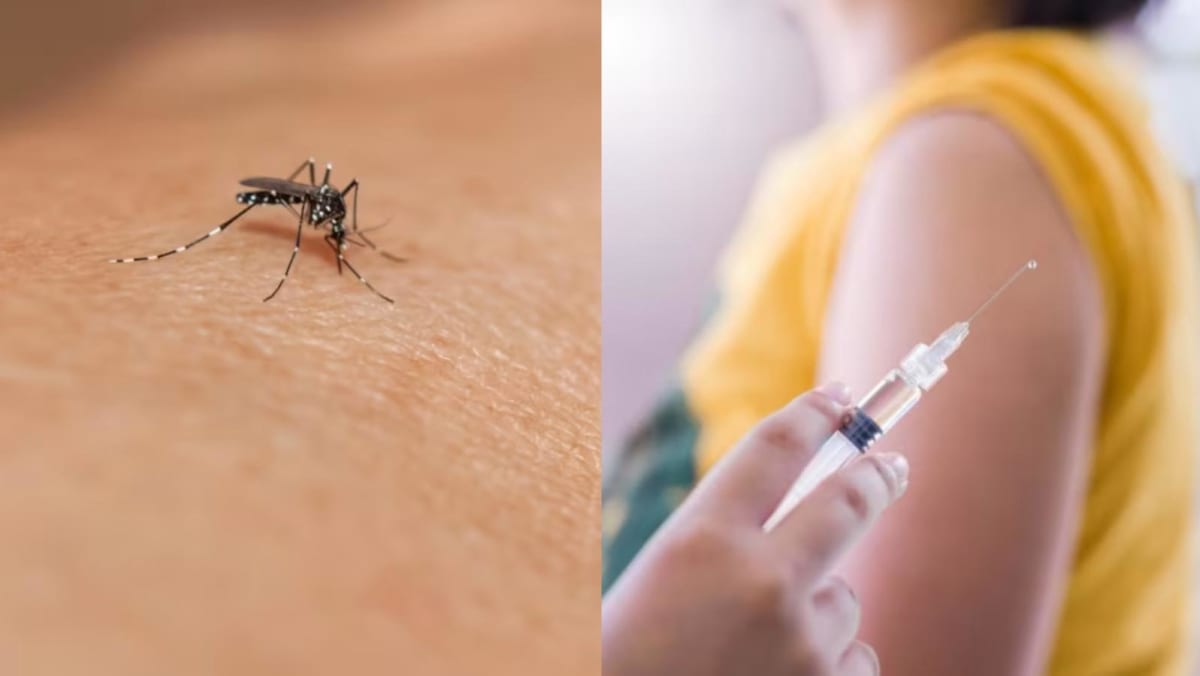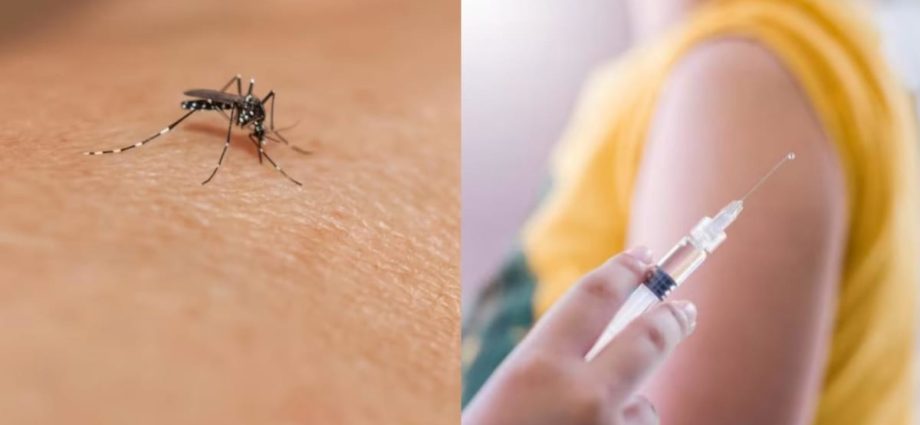
THE CURRENT ARSENAL OF DENGUE VACCINES
After decades of research, we now have two vaccines (Dengvaxia and Qdenga) that have been licensed in several countries, as well as a third (TV003) which has just completed clinical trials.
Dengvaxia was the first dengue vaccine to be licensed anywhere in the world. However, due to its design, it does not produce the same spectrum of immune responses that a person would develop after two separate dengue infections.
As a consequence, vaccination with Dengvaxia was found to increase the risk of severe dengue in dengue-naive individuals who developed breakthrough infection (which occurs despite vaccination). This increased risk was discovered during the second year of follow-up of clinical trial participants. As Dengaxia can only be safely used in those who have been previously infected with dengue, it cannot be widely deployed.
The second vaccine, Qdenga, has been approved for use within the European Union and in other countries including the United Kingdom, Thailand and Indonesia.
In clinical trials and long-term follow up, this vaccine was efficacious in protecting against infection from both DENV-1 and DENV-2, even in those who were dengue-naive. It was however, only able to protect against DENV-3 in individuals who had previous dengue infection, but not those who were dengue-naive. It is still unknown if this vaccine provides protection against DENV-4 in dengue-naive individuals, as there were too few cases during the clinical trial to make any firm conclusions.
An important difference between Qdenga and Dengvaxia is that dengue-naive Qdenga recipients did not show any evidence of increased risk of severe dengue. As such, Qdenga has been licensed for use even in dengue-naive individuals.

